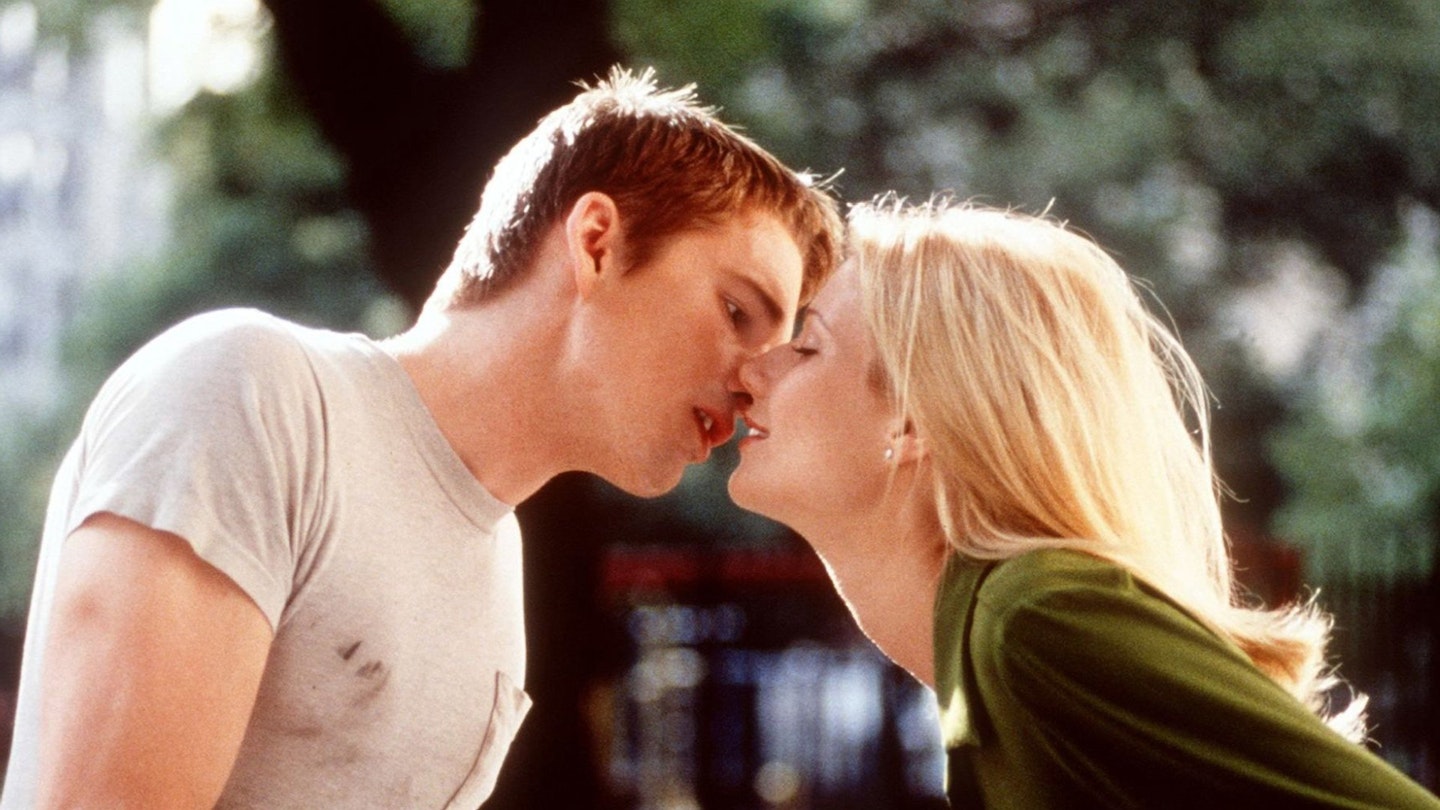Of more than 100 films adapted from Charles Dickens' works, David Lean's masterful Great Expectations is generally acknowledged to be the best. Wisely, then, Mexican director Cuaron, who made the superb Americanised adaptation of A Little Princess, has opted not for a remake but a reworking. However, it's interesting that the filmmakers, including screenwriter Mitch Glazer, could have been at such considerable and constrictive pains to retain much of the plot by transferring it to 20th century America, while almost completely missing the point of it all.
Great Expectations is a classic rags-to-riches story, recounting its hero Pip's journey across the classes and pretensions of his society. Here dubbed Finn (Hawke), he is a poor orphan whose terrifying encounter with an escaped convict will transform his life. Years later Finn comes into "great expectations" from an anonymous benefactor and goes to New York to become an artist and media darling. He thinks his patron is nutty recluse Ms. Dinsmoor (a marvellously grotesque Anne Bancroft) and he dreams of winning her beautiful ward, the cold-hearted Estella (Paltrow). But just as all his desires seem to be within his grasp, Finn is hit by devastating revelations.
To this table Cuaron brings some wonderful cinematography and bursts of magical realism, the appearance of scary criminal Lustig (De Niro) and a Manhattan that twinkles like a fairy tale kingdom. The treats here are De Niro, both sinister and pitiable and Bancroft, a bizarre wow as the spooky crone.
Hawke, though, presents a weak figure, dashing off fierce primitive sketches that are supposed to make him the toast of the Big Apple, pining for ice queen Estella, and only slightly coming to rue the connections that tainted riches bring him.

